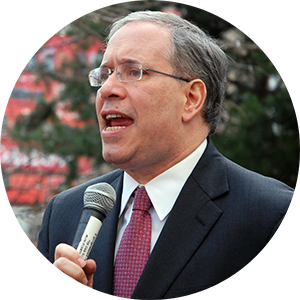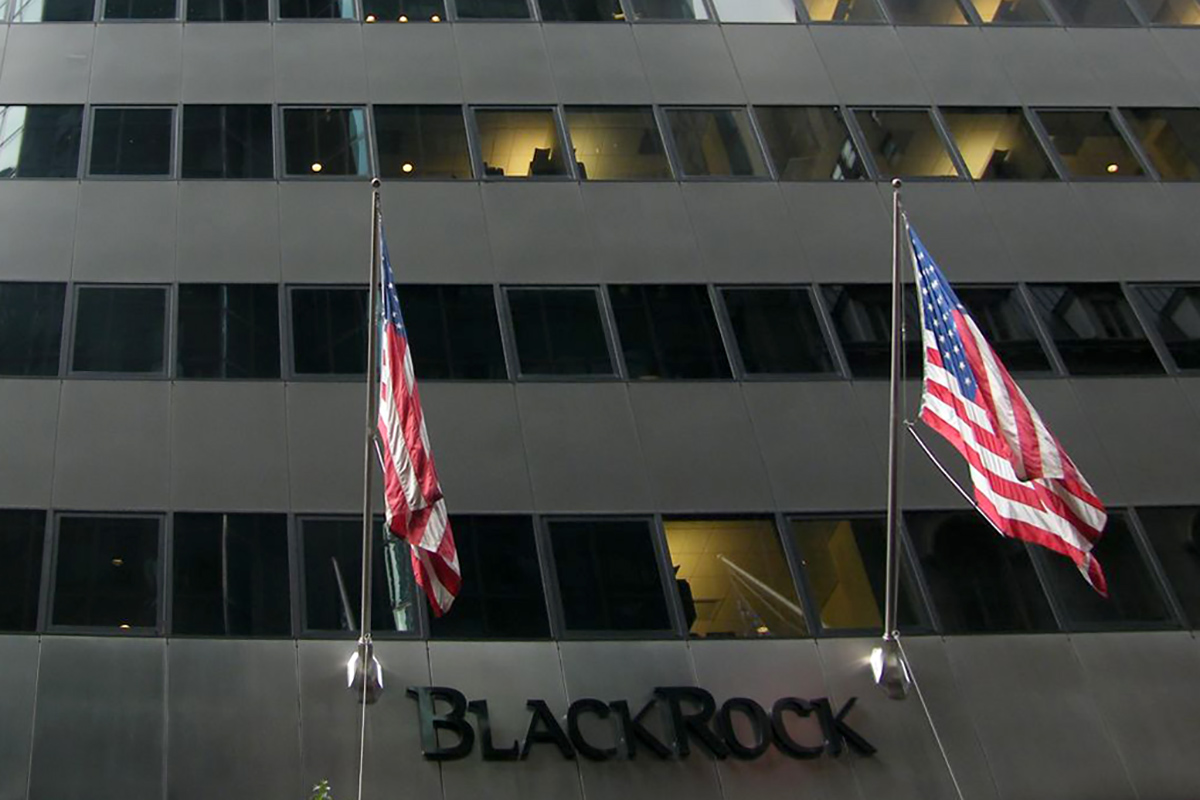New York City Comptroller Scott Stringer, U.S. Sen. Sheldon Whitehouse (D-RI), and U.S. Rep. Jesús G. “Chuy” García (D-IL) huddled together with climate activists and environmental organizations this week in a zoom webinar to hold the city and the world’s largest investment company to its sustainability promise.
BlackRock, Inc., whose world headquarters is 55 East 52nd Street in Midtown Manhattan, manages $7.4 trillion worth of global assets, making it the world’s largest investment company. It has clients in 100 different countries and does consulting for governments around the world. In addition, BlackRock is a shareholder in major fossil fuel corporations, such as Shell and ExxonMobil, and agricultural companies who have contributed to widespread deforestation in the Amazon rainforest and promote the expansion of agribusiness in the region.
“The Federal Reserve hired the company to run its bond market programs, and the European Union hired the company to advise banking regulators and climate risks. So BlackRock is becoming more than a shadow bank. It is becoming a shadow government. It is that large,” said Garcia. “If our government relies more and more on BlackRock to keep our economy going, who can hold BlackRock accountable?”
In January, BlackRock CEO Larry Fink released a letter to company CEOs, promising that climate change would be at the center of its investment policy, and urging greater transparency in company actions regarding sustainability.
However, the Indigenous Environmental Network (IEN) who hosted the webinar, notes that BlackRock’s promises have so far been empty, as the company continues to be a major shareholder in corporations that are leaders in climate obstruction and environmental degradation.

Whitehouse said that although BlackRock pushed Exxon to conduct a climate report, the resultant report seems clearly falsified, and BlackRock has failed to address this issue. Among these alleged falsifications are extremely low predicted values of renewable energy growth, and exaggerated values for carbon capture and reuse.
“Blackrock has huge expertise in analyzing corporate filings and in making sure that they understand whether a corporate filing is real or not. They invest trillions of dollars based on that expertise,” said Whitehouse. “It looks to me like [Exxon] back-calculated the report, picking the numbers that made it look like they’d be able to keep all their assets and continue taking advantage of them, and BlackRock never called them out on that.”
Several calls and emails to BlackRock to respond to these allegations were not returned at post time.
Officials at the meeting also charged that despite its promise for increased transparency, BlackRock has yet to disclose how it voted in JPMorgan Chase’s shareholder meeting on Tuesday, where former Exxon CEO and climate skeptic Lee Raymond was demoted from the position of lead independent director of the bank’s board. Raymond remains on the board at a lower position.
Stringer said that he is working together with a national coalition, which includes environmental organizations such as 350.org and Sunrise Movement, to push for action on climate change. The opposition to Lee Raymond’s position on the board, he says, was “a tremendous victory.”
“But now… we want to know where BlackRock stood. And I have a good idea of where they stood on Lee Raymond, but we now want to hold them accountable,” said Stringer.
Asked about his strategy to push financial institutions, such as BlackRock, towards climate action and sustainable investment, Stringer said that the key is working together with coalition partners on a national green movement, as change is unlikely to come from the Republican-controlled Senate. In addition, he says, treasurers and comptrollers can leverage significant power, similar to a state attorney.
“I think we have an obligation to address the serious threat of climate change in every way we can. Whether it’s legislative, whether it’s through divestment, whether it’s through insurance companies…. We have got to leave this planet safely in the hands not just for us but for our children. I don’t want them to be in a planet that they cannot breathe freely in,” said Stringer.
“I don’t give a damn about what these powerful corporations tell us. I don’t care about their profit margins. They have to divest, they have to get out of these fossil fuels before it’s too late for everybody.”









